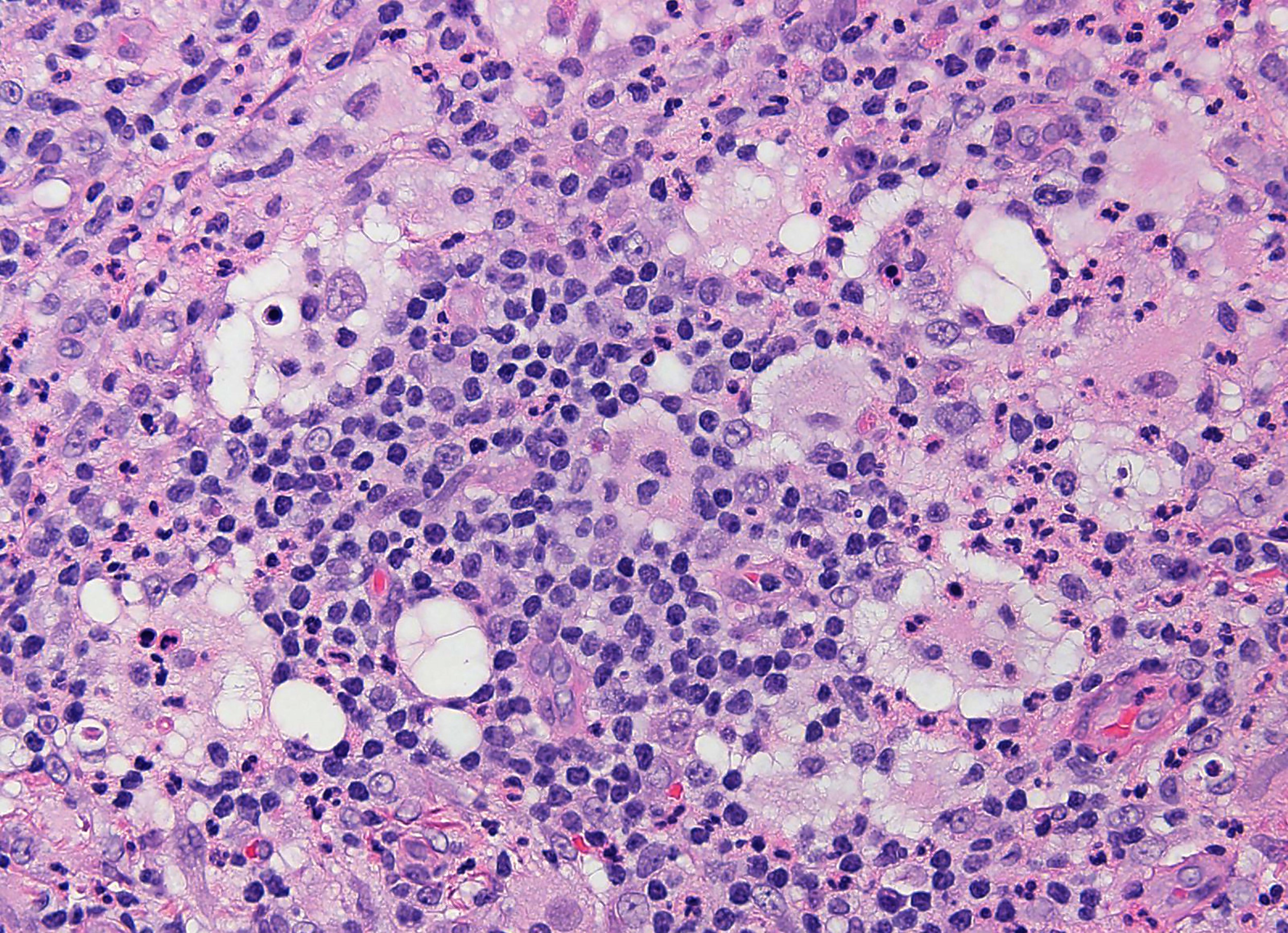

The crack in the anal lining exposes the underlying muscles that control the passage of stool through the anus and out of the body. The most common cause of an anal fissure is the passage of very hard or watery stools.

They are splits or cracks in the lining of your anal opening. Treatment includes removing the clot and vein under local anesthesia and/or removing the hemorrhoid itself.Īnal fissures are also a structural disease. This very painful condition is called a “pile.” Sometimes, after straining, the external hemorrhoidal veins burst and a blood clots form under the skin.
PATHOLOGICAL DISEASE SKIN
Surgery is needed only for a small number of people with very large, painful and persistent hemorrhoids.Įxternal hemorrhoids are veins that lie just under the skin on the outside of the anus. Your healthcare provider removing them surgically.Your healthcare provider using ligating bands to eliminate the vessels.Improving bowel habits (such as avoiding constipation, not straining during bowel movements and moving your bowels when you have the urge).Ultimately, internal hemorrhoids can fall down enough to prolapse (sink or stick) out of the anus.

When they fall down into the anus as a result of straining, they become irritated and start to bleed. Internal hemorrhoids are blood vessels on the inside of your anal opening. There are two types of hemorrhoids: internal and external. They are caused by chronic excess pressure from straining during a bowel movement, persistent diarrhea, or pregnancy. They’re swollen blood vessels that line your anal opening. Hemorrhoids are dilated veins in the anal canal, structural disease. Avoiding dehydration, and hydrating well throughout the day.Taking medicines as prescribed by your healthcare provider.Minimizing stress or learning different ways to cope with stress.Monitoring which foods trigger your IBS (and avoiding these foods).Change in bowel habits such as harder, looser, or more urgent stools than normal.Irritable bowel syndrome (also called spastic colon, irritable colon, IBS, or nervous stomach) is a functional condition where your colon muscle contracts more or less often than “normal.” Certain foods, medicines and emotional stress are some factors that can trigger IBS. Always follow the instructions on the laxative medicine, as well as the advice of your healthcare provider. Note that you should make sure you are up to date with your colon cancer screening. If these treatment methods don't work, laxatives can be added. Moving your bowels when you have the urge (resisting the urge causes constipation).Exercising regularly and increasing the intensity of your exercises as tolerated.Increasing the amount of fiber and water to your diet.Constipation is rarely the sign that you have a more serious medical condition. It may cause small, hard stools and sometimes anal problems such as fissures and hemorrhoids. Constipation is usually caused by inadequate "roughage" or fiber in your diet, or a disruption of your regular routine or diet.Ĭonstipation causes you to strain during a bowel movement. Common examples of structural GI diseases include strictures, stenosis, hemorrhoids, diverticular disease, colon polyps, colon cancer and inflammatory bowel disease.Ĭonstipation, which is a functional problem, makes it hard for you to have a bowel movement (or pass stools), the stools are infrequent (less than three times a week), or incomplete. Sometimes, the structural abnormality needs to be removed surgically. Structural gastrointestinal diseases are those where your bowel looks abnormal upon examination and also doesn't work properly. What are structural gastrointestinal diseases? Taking certain medicines (especially antidepressants, iron pills and strong pain medicines such as narcotics).Taking antacid medicines containing calcium or aluminum.Overusing anti-diarrheal medications that, over time, weaken the bowel muscle movements called motility.Resisting the urge to have a bowel movement, possibly because of hemorrhoids.Eating large amounts of dairy products.Many factors may upset your GI tract and its motility (ability to keep moving), including: Constipation, irritable bowel syndrome (IBS), nausea, food poisoning, gas, bloating, GERD and diarrhea are common examples. They are the most common problems affecting the GI tract (including the colon and rectum). What are functional gastrointestinal diseases?įunctional diseases are those in which the GI tract looks normal when examined, but doesn't move properly. Some examples include nausea/vomiting, food poisoning, lactose intolerance and diarrhea. There are two types: functional and structural. Gastrointestinal diseases affect the gastrointestinal (GI) tract from the mouth to the anus.


 0 kommentar(er)
0 kommentar(er)
